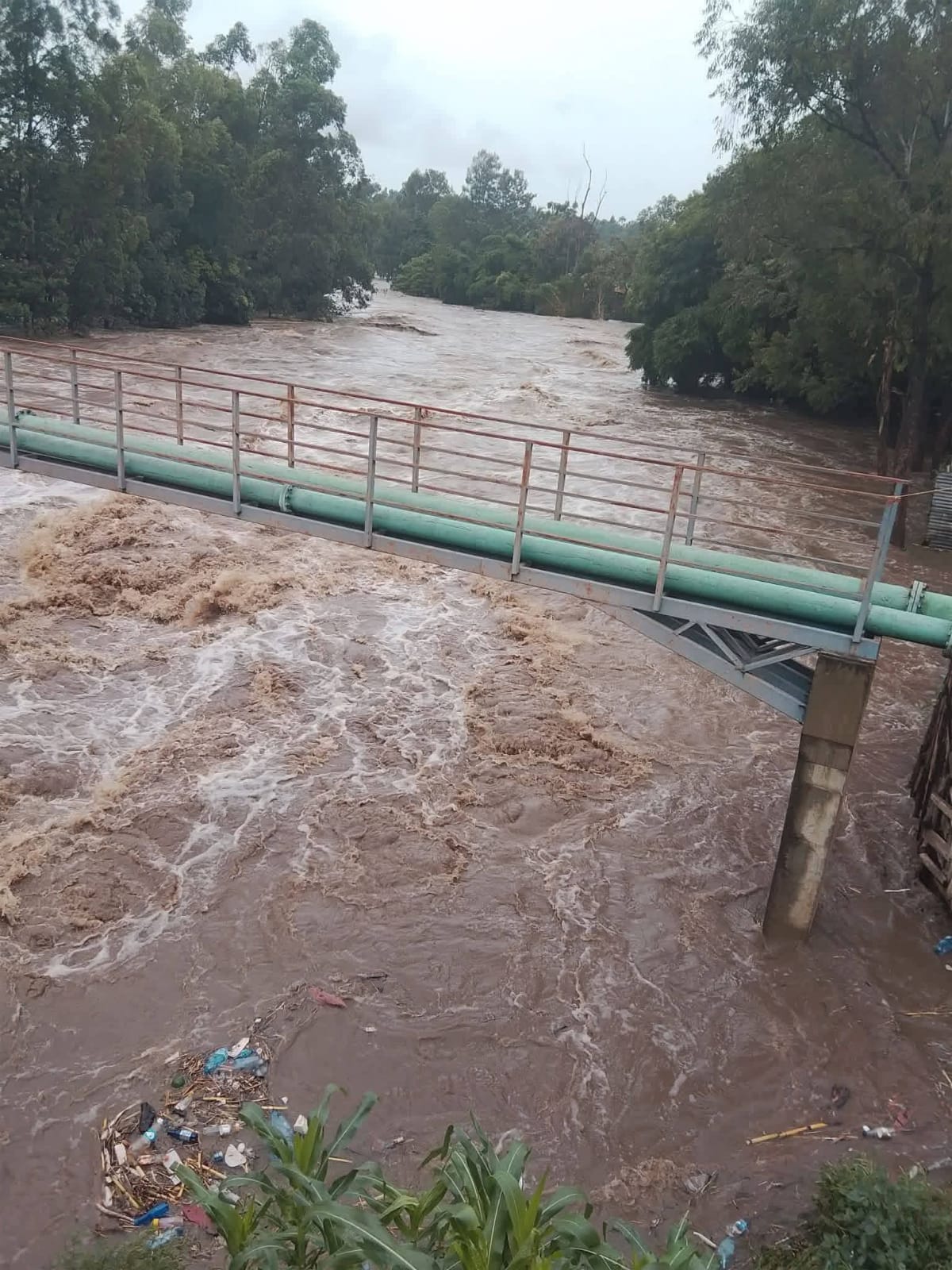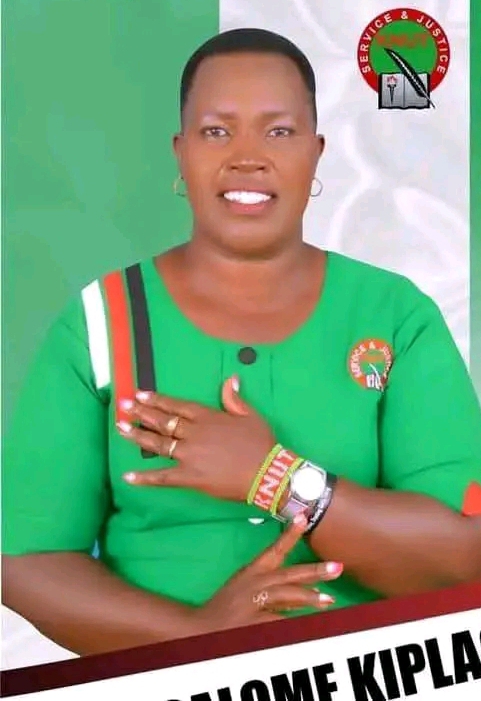Many Kenyan varsities have recently encountered monumental difficulties in running their institutions on a daily basis owing to the financial constraints they are facing.
In order to wade through the tough times, some have devised ways of raising income in a bid to stay afloat.
The move to look for alternative means of getting income was occasioned by the realization that funding from the national government was not enough.
This pushed the university administrations to develop innovative ways to generate revenue.
Originally, the government was funding differentiated unit costs, at 80 per cent, but due to the economic crisis, they currently foot 50 per cent only leaving the universities to cater for the deficit.
Many universities are hoping and praying that several self-sponsored students join their institutions because they are also a major source of income.
Former Chuka University Vice Chancellor Prof Erastus Njoka who resigned to vie for gubernatorial seat in Tharaka Nithi County now calls on local universities to be innovative.
He narrated the elaborate steps he took to generate the varsity additional income.
“Managing universities is not easy. It is a challenge because universities consume a lot of money. That is why I am urging local universities to be innovative and find ways of raising extra income,” said Prof. Njoka.
During his tenure at Chuka University, he invested in commercial buildings, agriculture and research to earn the institution more revenue and complement the national government’s funds.
“I was a very successful VC because I used the right methods. We bought the Sasini House along Loita Street, Nairobi. When I left the university I did not leave it with any debt and I never borrowed any money for the construction. I was using the money we generated and made sure it was used prudently,” Njoka said.
He also established campuses at Maara, Igembe and Tharaka which have now been elevated to universities.
“In a year, I used to get around Sh850 million from the students. We have a 500-acre farm at Kairini with goats and cows and at the end of the year, we used to sell the animals and earn profits,” he said during a tree planting exercise at Chogoria in Maara Constituency.
The varsity also sold bananas and tree seedlings from its nursery.
“I was helping the community to plant trees and generating income for the university”.
Njoka said research projects also earned the institution more money.
“We have several research projects which give the university a lot of money. There is one project that gave the university Sh50 million”.
Njoka said initially, the universities were recognized as only places meant for teaching and research, which is now not the case.
“If our universities are innovative they can sell their ideas to other countries. In Israel, we have universities which sell technologies,” adding that universities need to invest more in manufacturing and innovation.
“Universities should invest in manufacturing. It can be a great source of money. We can also innovate in the area of making computers and electronic facilities,” he said.
Meru University of Science and Technology Vice Chancellor, Professor Romanus Odhiambo, says that they came up with ways to raise revenue to survive the tough times which includes farming.
He said for the last several years universities have had financial problems and Meru University was no exception.
Prof Odhiambo however said the university is able to pay staff and suppliers through its various income-generation activities, including farming.
He said they put around 50 acres of land for agriculture where they grow potatoes, beans, maize and hay.
Prof Odhiambo noted that initially, the government was funding differentiated unit costs, at 80 per cent, but due to the economic crisis, they currently foot 50 per cent only.
“Because of tough economic times, the government is only able to raise 50 per cent. The question is where do you get the 30 per cent? We had to think outside the box,” he said.
He appealed to the community to take advantage of the self-sponsored programmes offered by the varsity, which is also a source of more funds.
“We have programmes from certificates to PhD. We plan to raise money through self-sponsored programmes,” he said.
By John Majau
Get more stories from our website: Education News
You can also follow our social media pages on Twitter: Education News KE and Facebook: Education News Newspaper for timely updates.






